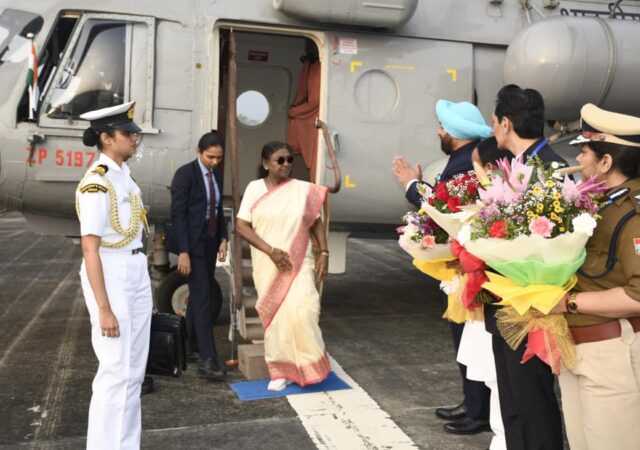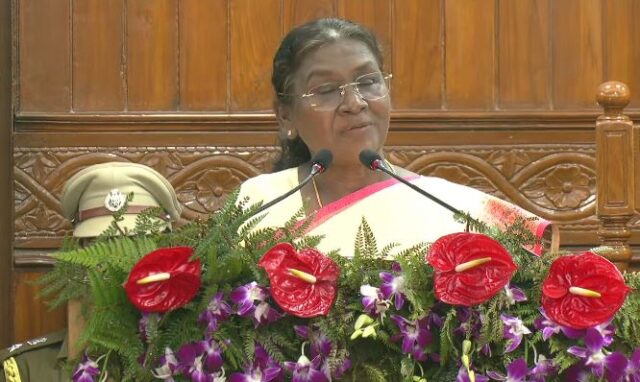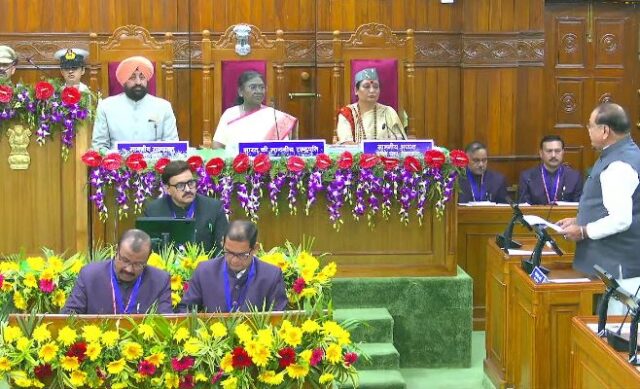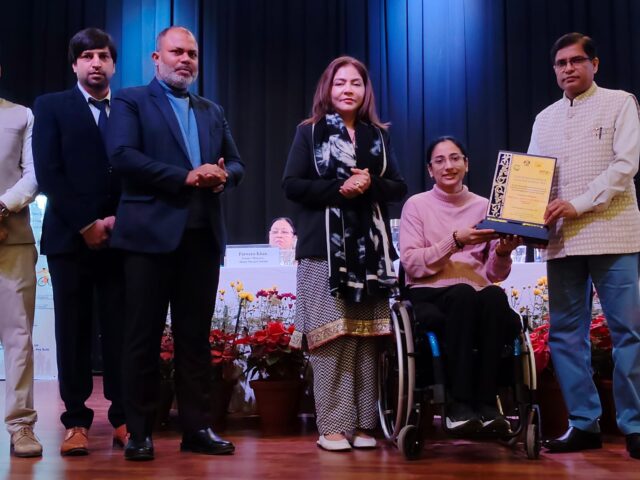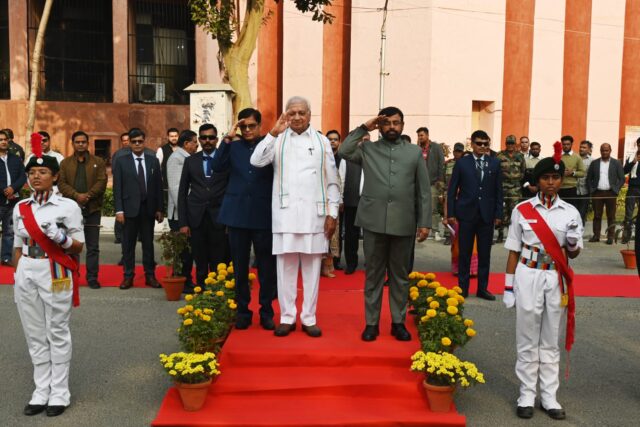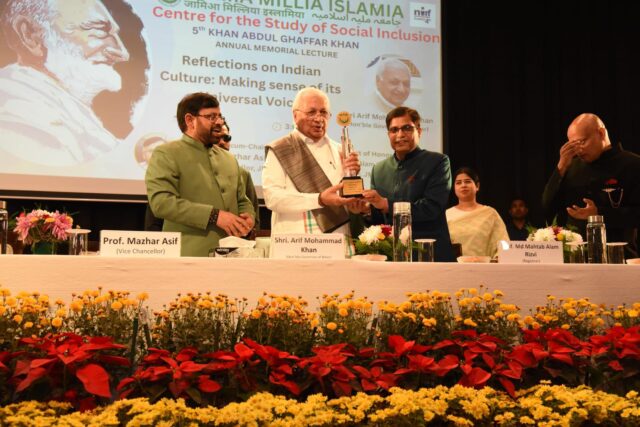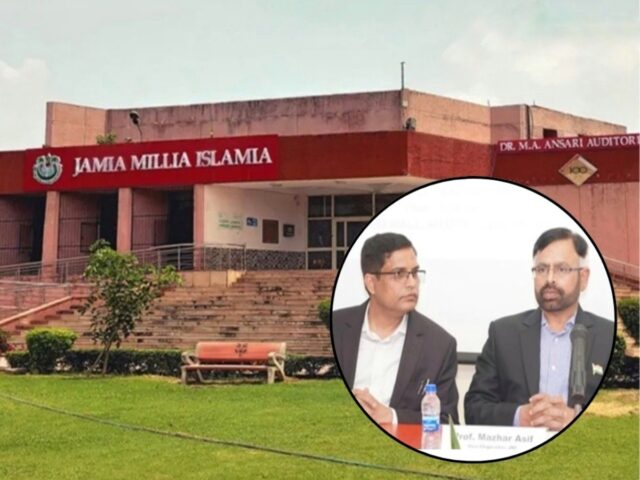Begging is a socio-economic issue: Supreme Court
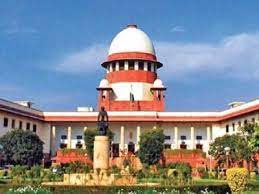
We cannot adopt a feudalist approach
The Supreme Court said that begging is a social and economic issue and poverty compels people to beg. Saying this, the Supreme Court refused to entertain a petition seeking a ban on begging in public places and on roads during the COVID-19 pandemic.
A bench of Justice Dhananjay Y Chandrachud and Justice MR Shah declined to entertain the petition filed by Kush Kalra. The bench said it cannot entertain a petition seeking a ban on begging. The bench asked the counsel for the petitioner that why do people beg? People are forced to beg because of poverty. The Supreme Court said that it will not adopt an elitist approach when poverty compels one to beg. No one would like to beg, they have to do so because of poverty. It is a socio-economic problem, says the Supreme Court. It is a part of the economic and social policy of the government. We cannot say that they (beggars) get away from our eyes.
Notice to Central and Delhi Government
The bench said that if we issue notice in this matter, it will be understood that we want to do so. However, the Supreme Court has issued notice to the government on the petitioner’s demand for rehabilitation and vaccination of beggars. The Supreme Court has issued notice to the Center and the Delhi government in this matter.
Notice to the Center on the application for exploitation of patients
The Supreme Court has issued notice to the Central Government on a PIL filed regarding mismanagement of health facilities. It has been said in the petition that private health centers and hospitals are exploiting the patients. In the petition filed, there has been a demand to stop the collection of arbitrary fees by private hospitals. Along with this, an appeal has been made to the Central Government to intervene in this whole matter.

